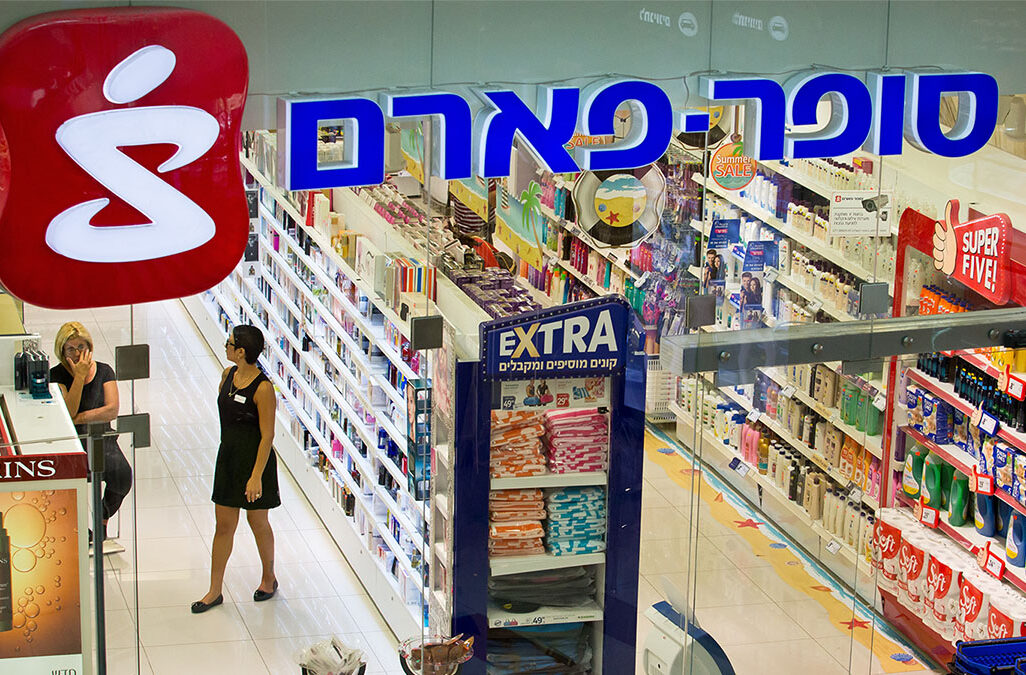
The Histadrut has filed an appeal to the Israeli Supreme Court against the National Labor Court's ruling regarding the Super-Pharm workers' union on February 28th. According to the ruling, Super-Pharm workers are employees of the company’s franchisees rather than of the company itself, and therefore it does not have to negotiate with the workers' union.
"The ability to prevent harm to thousands of chain workers and to allow them to stand up for their rights is in the hands of the Supreme Court," the Histadrut said in a statement.
In their appeal, the Histadrut argued that the verdict is wrong and has the potential to directly and immediately harm the basic constitutional right to organize of about 8,500 employees of the Super-Pharm chain. The Histadrut also claimed that the ruling threatens to affect tens of thousands of workers in the country who are also employed within the framework of indirect employment through franchisees.
The unionization of Super-Pharm employees began when hundreds of Super-Pharm pharmacists across approximately 290 branches became members of the Histadrut and requested aid in defending their rights and getting recognition for their union.
Super-Pharm uses the "partner model," in which each branch is incorporated as a separate company owned by one person (a partner). However, the chain has complete economic, business, operational and managerial control over the partner companies.
The partner who heads each branch receives the branch without conditions and is not allowed to invest in the branch out of their own pocket. The chain prepares a budget for each branch, or “partner company,” including determining the employees’ salaries, and the branches are not allowed to deviate from it. The chain also dictates the terms of employment for the workers of each branch, including the details of their employment contracts, the benefits to which the employees are entitled, and all of their work procedures.
In view of Super-Pharm's control over the employment conditions of its chain’s workers, the Histadrut demanded that the labor courts compel the chain to conduct collective bargaining on the employment conditions of Super-Pharm workers, even though the chain is not considered their direct and formal employer. After long and complex proceedings conducted in the regional labor court, the court rejected the Histadrut’s request.
When the Histadrut appealed the decision to the National Labor Court, the court accepted the Histadrut’s argument that an indirect employer may be considered the employer for the purposes of collective bargaining under the law. In such a case, this employer is legally obligated to negotiate under the Collective Agreements Law. However, the court also ruled that this does not apply in the particular case of Super-Pharm, claiming that the chain does not have significant enough impact on the working conditions of the employees to warrant such an obligation.
In response to this ruling, the Histadrut has filed a petition to the Israeli Supreme Court claiming that the ruling is riddled with fundamental errors, logical contradictions and internal contradictions, which constitute a miscarriage of justice that effectively denies the right to organize to the chain’s 8,500 employees.
According to the Histadrut, the errors in the ruling have left the workers without a way to conduct real and effective negotiations, thereby nullifying their right to unionize. This ruling is unjust and harmful towards a swath of workers who are vulnerable to begin with, and creates an incentive for other employers to develop employment methods to block the possibility of unionizing.
The Histadrut emphasized that the appeal is of fundamental importance and will have far-reaching implications due to the increasing number of workers in the modern job market who are employed in indirect or multi-level employment schemes. According to the claim, the model created by Super-Pharm is a template in which the chain becomes a third party that regulates working conditions, thereby distancing itself from the legal obligations of an employer, including the obligation to conduct negotiations with the workers' union.
The Histadrut also claimed that the increasing use in the business world of organizational structures built on indirect employment and the reduction of direct employment is leading to a decrease in workers’ bargaining power, a decrease in workers’ share of Israel’s GDP, and an increase in inequality in society as a whole.
In addition, the Histadrut claims that legal literature as well as comparative international law recognize the problems created by indirect employment and outline a solution to the problem: the imposition of a collective bargaining obligation on indirect employers, as the Histadrut requested to impose on the chain as part of its petition.
The petition was submitted on behalf of the Histadrut by Maya Tzahor-Aviram, Deputy Head of the Legal Bureau of the Histadrut’s Trade Union Division, as well as Sivan Radian and Miri Malachi from the Legal Bureau of the Histadrut’s Trade Union Division and Elad Peleg from the law firm Ben Zur, Corb and Co.
Super-Pharm has yet to respond.
This article was translated from Hebrew by Tzivia Gross.






